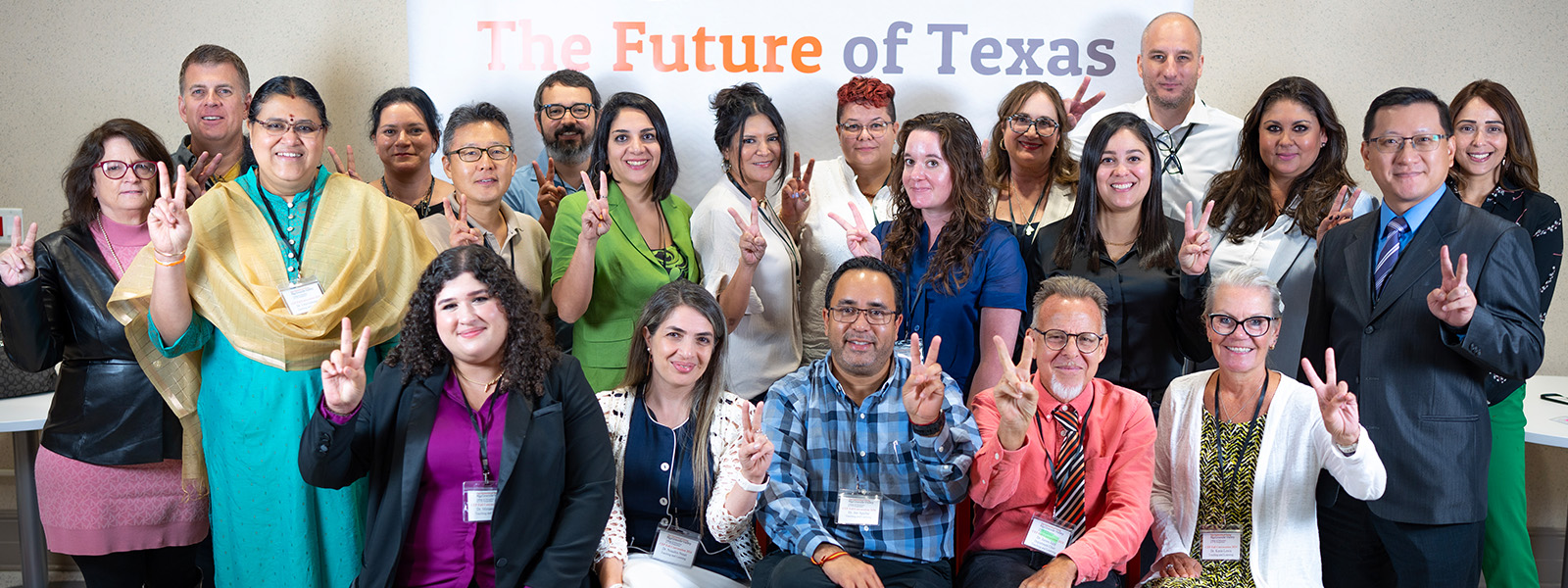
Teaching and Learning Faculty Publications
It Helps to Know Spanish: A Multicultural Approach by Tapping into Latinx Learners’ Native Language to Learn Science
Document Type
Book Chapter
Publication Date
7-2022
Abstract
While benefits of bilingualism (Spanish English) have been reported, a deficit perspective toward Spanish in P-12 classrooms in the United States has persisted and becomes part of the dominant narrative. This chapter reports findings from a study that explored how learning in science is affected when Spanish is utilized as linguistic capital to help students learn academic vocabulary and content. Three findings emerged from this study. First, learning gains are improved when students use strategies that leverage their Spanish language. Second, students demonstrate a change in their attitude toward the role of Spanish in learning science. Third, students do not need to be fluent in academic Spanish to support their learning, rather having even a small amount of Spanish proficiency leads to significantly higher learning gains. Specifically, we discuss the implications of the impact of when first language Spanish strategies are explicitly used to teach science to students who know Spanish. These students are more likely to leverage it as a linguistic asset to improve their science content learning. Some students articulated an understanding of Spanish as linguistic capital that supported their learning, while others did not. One explanation for this disparity is that a deficit attitude toward Spanish prevails in many classrooms and may be internalized by some students. Implications for languages other than English in multilinguistic science classrooms are discussed.
Recommended Citation
Chapman, A., & McHatton, P. A. (2022). It helps to know Spanish: A multicultural approach by tapping into Latinx learners’ native language to learn science. In International Handbook of Research on Multicultural Science Education (pp. 1-31). Cham: Springer International Publishing. https://doi.org/10.1007/978-3-030-83122-6_4
Publication Title
International Handbook of Research on Multicultural Science Education
DOI
10.1007/978-3-030-83122-6_4


Comments
© 2022 Springer Nature Switzerland AG
Reprints and Permissions
https://rdcu.be/c6y3z